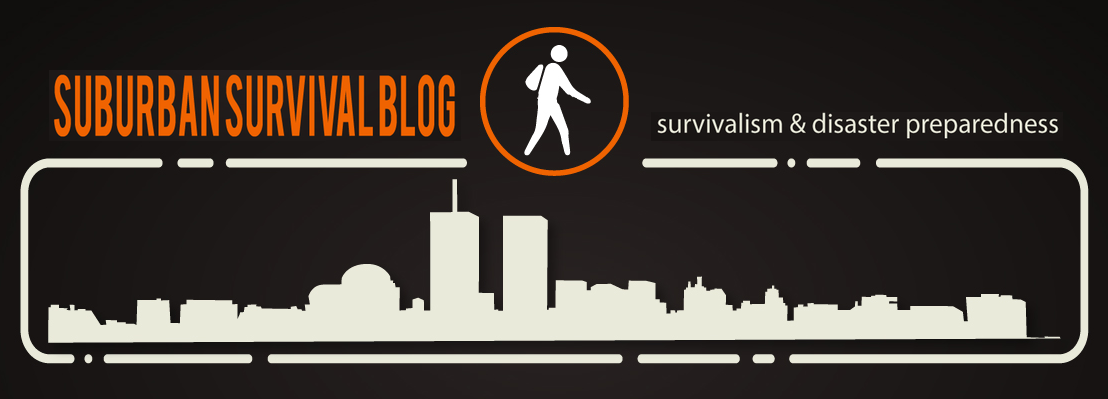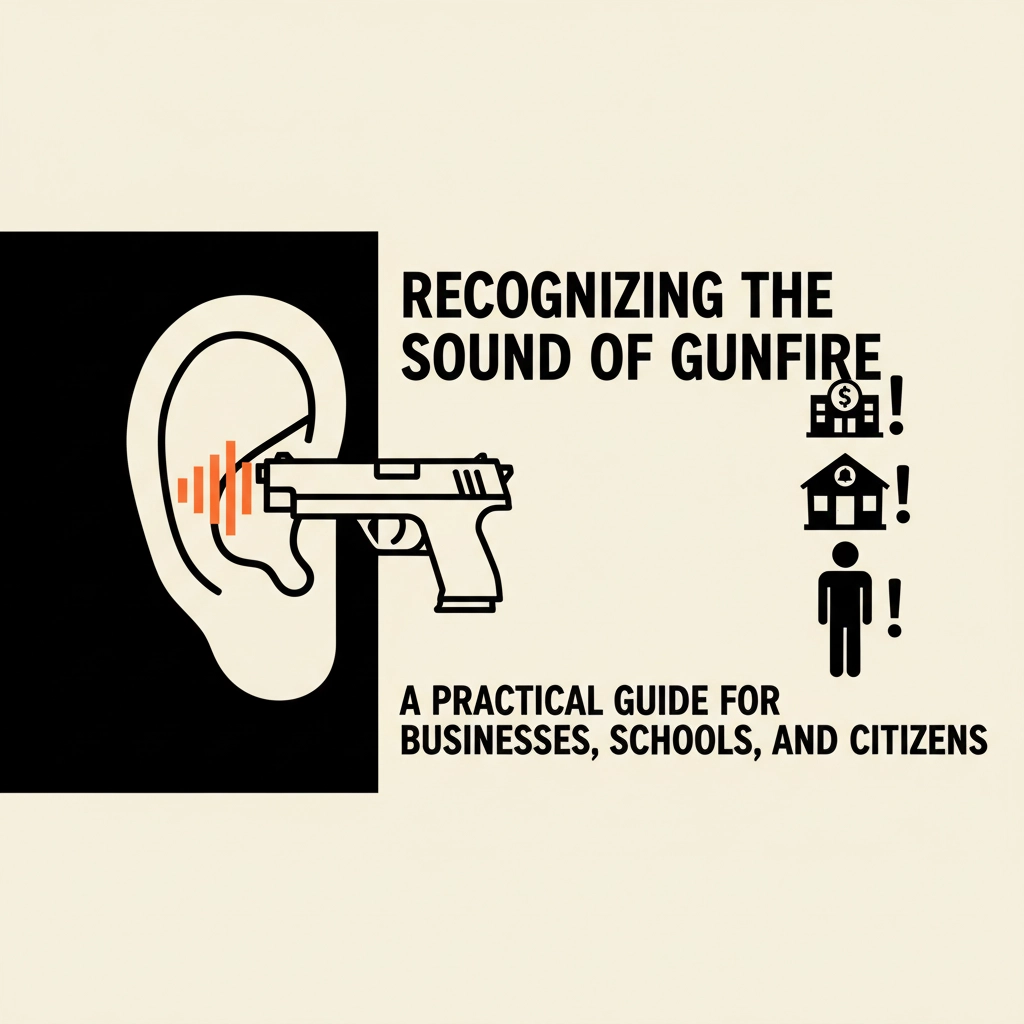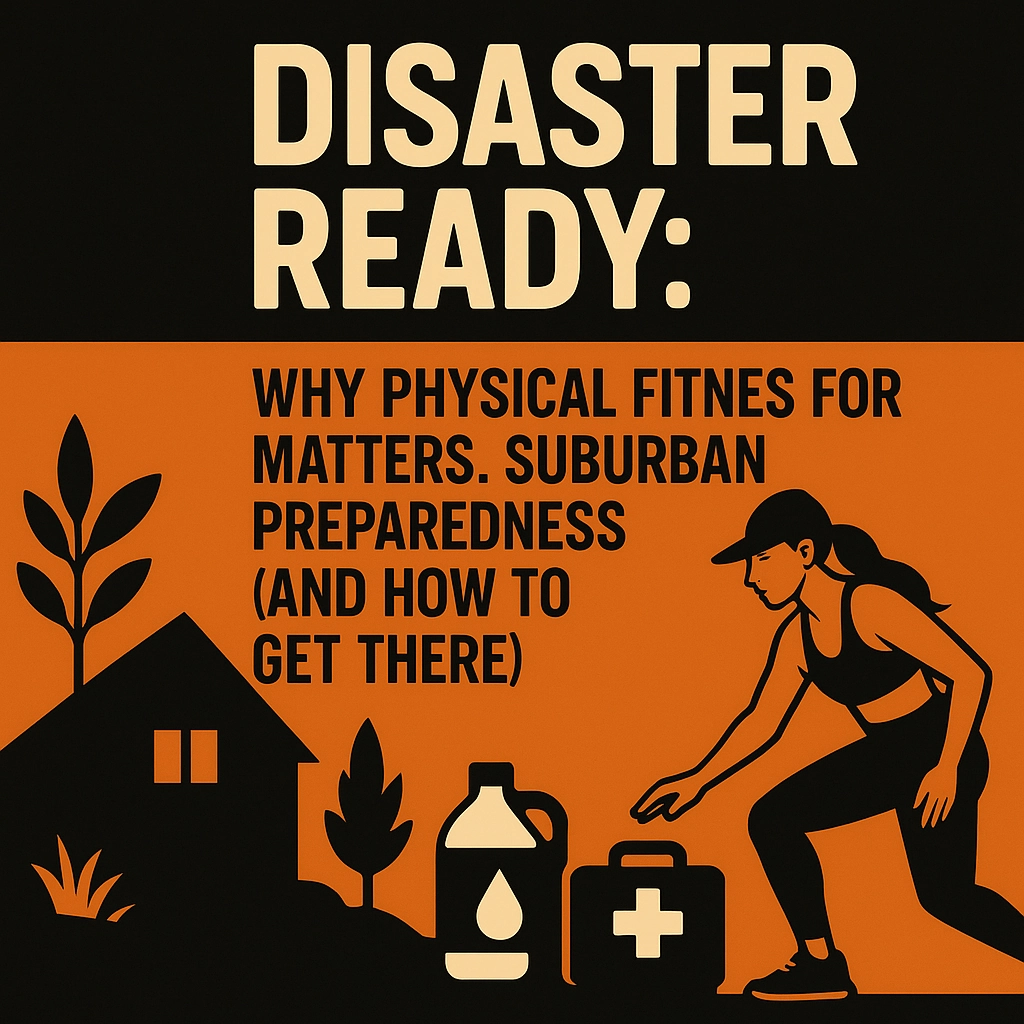This is a guest post by a new contributing Author Mr-Jones. Mr-Jones and I know each other primarily from Facebook, and some of the same forums, and have become fast friends, online. I have asked him to contribute when he can, and I greatly appreciate it. Please welcome him…
What exactly would it take to trigger a bug out? Just like you have, I have read a ton on bug out bags, bug out routes, and bug out destinations, but I seldom receive a satisfactory answer to the question: If it came down to it, what exactly would trigger you to pack up and leave your primary residence? I ask this for a reason. In my mind, any exit strategy has to have a trigger. In a business, it’s usually a monetary trigger. But it could be an milestone event in the cycle of decline, such as, when your distributors freeze your credit lines. What would have to happen to trigger your bug out contingency plan? If you plan to leave before the hordes of sheeple exit your city then you have you to beat them to it, right? If you plan to bug out before the roadblocks go up, you need to leave before that … or do you have a contingency plan for that? What if, in this age of information, you don’t beat them? This could happen because of geography or it could happen because some of the sheeple are not packing anything or it could happen because you were either too lazy or too uninformed to identify possible triggers and waited too long. I want to focus on that last bit.
I had some events that caused me to rethink my positioning. At the time, I owned a business located in a couple suites of a strip mall in the Phoenix-Metro area. One of the events was a power outage … the power turned off, (this is not an abnormal occurrance, all of us have probably been through power outages) but the power usually turned back on in a few seconds or a few minutes. Seconds turned into minutes and minutes turned into hours. And I realized … “Hey, dummy, the backup batteries for my business alarm systems should be running out about now.” So I found myself in a prison of my own making. I had envisioned myself bugging in at home, or bugging out to one of a few destinations. Instead, I went down and guarded my livelyhood until the power came on … not unlike the Korean shop owners in the LA riots. Since then, I eventually repositioned, accepting lower pay, but bettering my footing in an emergency. Now I live in a rural community that, in all likelyhood, (and unlike Phoenix) won’t have riots, and will have water post-SHTF event. I’m not saying that no one will be able to survive in Phoenix. I’m just saying I traded something good for something better. I’ve already “bugged in” outside of major metro areas, and severed my ties to my business, so that frees me up and decreases the chance I will have to bug out in the first place. But it’s always a possibility.
Do you do drills? If so, do you time yourself? Have you triggered a bug out before? I have done some “surprise” drills. I say that tongue-in-cheek because, how can you surprise yourself? One Friday, I just say, OK, “Go!” I look at the clock and see how it turns out. How fast can you even go on a camping trip? Can you do it without stopping at the store or stop for gas? If not, that gives you a pretty good idea of where you need to focus your preparations. Stop for gas will surely turn into wait in line for gas, and then you’re too late. What is a reasonable goal for you to shoot for? It’s probably going to be slightly diferent for a single fellow than for a couple, and different still for a family. Do you know where you’re headed? I think it’s healthy to focus on the basics and to have repetition in skill training. Some numbers on that … the first time you train or are trained on a given topic, retention is something like 13% on average … second time, it goes up to say 21% … but the third time, it goes up into the high 60’s percentile-wise. Just a tidbit on skill training to help you train smart. Another thing that might help is to have a followup mechanism. For me, it’s a small Rite-In-The-Rain journal. I volunteer with my Community Emergency Response Team and the Amateur Radio Emergency Service. Every time I practice bugging out, go on an outing, do a major training excercise with CERT or ARES, or I’m deployed, I sit down afterward and make a journal entry. I include the date, how long it was, what the weather was like, a short review of my performance, how my gear performed, and anything I could subtract from my gear or that I need for my gear. Eventually, making your gear lightweight will be as important as buying new gear … age will eventually catch up to you. Or, if you’re a new prepper, you’ll very quickly find that you can’t carry all your gear with you. That very quickly turns into “you can’t carry everything you’d like” with you. By now you have probably noticed that I’m a gear junky and I need to improve on that.
What goes into identifying my triggers? My background is in business, so how I do it, its how I would develop a trigger for an exit strategy. I Identify qualitative and quantitative triggers … or triggers that are both. For qualatative triggers, think about the “qualities” or conditions such as “mobs in the street.” For quantitative triggers, think: “a mob is 5 or more people.” For both, think: mobs (5 or more people) within 10 blocks of my apartment. Then, I make my trigger a conditional (If/Then) action statement: If I have reliable reports of mobs (of 5 or more) within 10 blocks of my apartment, then I will implement bug out strategy Alpha. That’s just how I do it. I’d love to hear ideas to improve my method. I will steal them and never give you any credit for them. That’s what I learned in self-defense classes … when lives are on the line, it’s OK to lie, steal, and cheat to win.
I think the actual triggers vary greatly based on your geographical location and the threats you face. Do you live in a seizmically active area? I do. My house could be rendered unsafe by an earthquake and I could have to bug out. In this case, it might not even be that far. Often one house is destroyed and the one next to it is fine. It could be a fire … that could affect most of us. It could be an NBC event. I’m not really in a fallout zone (given normal wind patterns) for any high value targets, but my little city does have a meat packing plant that stores ammonia. Do you know where you live in relation to targets and wind-patterns? How much radiation would cause you to bug out? Can you measure it? That reminds me that it’s time to have my instruments re-calibrated. Could it be drought? Famine? If so, what would the trigger be? How long would the power have to be off? Would you EVER have to bug out because of a power outage? Perhaps a localized EMP from a solar flare for you people with your own micro-hydro plant, solar panels and wind generators. How about an influx of refugees? How soon would you leave, or would you, in a government ordered evacuation? How about a pandemic? Could your home be rendered unsafe by a tornado or a micro-burst? How about a weather event with a warning like a hurricane? How big would it have to be or is that a consideration? Could it be flooded? Could your water supply become contaminated? Yes, the list is endless, but what is in the top 10 for your local?
In summary … what if the unthinkable does happen? What are those triggers we talked about? Is there just one? Is it different for different contigencies? I’m going to leave you with these questions, because I haven’t been able to come up with any one answer that is right for everyone in every situation. But I hopefully have given you some ideas of how to identify some triggers and I challenge you to think about your top 10, write some trigger statements and respond. If you do it in the form of a qualitative and quantitative action statement, browine points for you. If you do it in your own way, good for you, you’re still better off than before you identified your bug out triggers.









Based on where I live and the distance to my Bug out house if I don’t beat the crowd I might have to defer bugging out until after most people have gotten off the road/run out of gas.
Step 1 is evaluate the situation–the question is if my worst fears materialize will it be tenable to shelter in place? In most cases the answer is yes, and so I have not had many false starts. Also one should ask oneself what are the risks of not sheltering in place and leaving NOW, particularly an issue in a NBC situation or hurricane (in my area).
I would certainly evacuate immediately (30min packing) if:
‑there is an epidemic and cases have been reported locally
‑there was warning of an imminent nuke disaster at the plant
‑a cat 4 or 5 hurricane was headed my way
or a cat 3 storm was on a direct track for my town
‑there were stories of rioting in a nearby city
but the roads were clear locally
I would IMMEDIATELY shelter in place if
‑There was an NBC attack withing 50 miles of my house
or between me and my bug out house.
‑The roads were jammed and/or there was local unrest already
AND I could survive sheltering in place
Otherwise if I get nervous, but feel I have some time, step 2 is fill up my cars gas tanks and visit the stores to get some extra supplies. I don’t need either gas or food but these steps are more for intelligence gathering than anything else. If there is a run on either gas or food/supplies, maybe I leave immediately, while others are scrambling for supplies I already have. If there is no run, stocking extra supplies can’t hurt.
Step 3 is pack, quietly and thoroughly, if I am really nervous, then I will get my family involved so that this can happen while I am out “shopping”. Packing our truck would happen in the garage so that supplies are kept safe.
Step 4 is make an educated guess based on these considerations:
1) I would prefer to be at by bug out camp during a disaster
2) The last place I want to be is at ground zero
3) The next to last place I want to be is on the road
4) I have supplies to last a year in my home if nothing threatens my home physically and I have enough weapons, ammo and personnel to defend my home for at least a week against unorganized threats.
Well done Padre, sounds like you’ve given this some thought. You’re ahead of the game in this area. Have you thought of listening to a scanner before or during your recon effort/last supply run? Do you keep cash and gas cans on hand for that run?
Good aricle.
Another issue to consider when you do decide to leave is what if nothing does actually happen and you have to return to your primary residence? What do you do about continuing on with your life?
Not an easy answer.
Can you afford to be “bugged out” for weeks until it becomes clear an SHTF event isn’t materializing?
Will your job still be there when you get back? Your spouse’s job?
How do you explain to the school taking your kids out for that long?
What about the bills, perhaps the mortgage, that have backed up in the time you were away?
And how do you explain to your friends, neighbors, co-workers, extended family your sudden disappearance for weeks??
I think you need to leave your primary residence planning to return. I like to to bury some caches at my primary residence just in case I return and it’s been burnt to the ground or otherwise leveled. That way, I at least know I’ll be able to get back on the trail resupplied with the consumables from my Existence Load. I eventually installed big motorized protect-o-shutters on my my business and hardened the exterior access points and upgraded the battery backups on the alarms. This allowed me to bug in with more confidence. My business was insured after all. I think it’s wise to similarly harden your residence and retreat as funds allow, bury caches and make sure your insurance will cover some of your losses in case you come back to a looted, burnt, flooded or leveled home. They won’t cover your preps … that have caps for that type of stuff unless you get a specific (and expensive) rider policy from someone like Lloyds of London. If flooding is a consideration you need to buy federal flood insurance since private insurance companies won’t cover you, but Uncle Sam will if you pay for it. (Also, if you have a retreat that’s near a river, realize that flood control efforts are focused on primary residences only. Not vacation homes, cabins or trailers.)
It’s important to have solid trigger criteria just for these reasons that you mention. If you bug out to soon, you could risk your employment, lose pay, use vacation time or simply lose face. More importantly, if you bug out too late, you could lose your life and the lives of your loved ones trying to save your job, save money or save face. I realize some of us are are probably retired, some are probably self-employed, some are on probably on disability, some are probably single, and some are probably married with a 9–5, a mortgage payment, eight kids, grandma and a golden retriever. Each of us needs a custom plan and trigger criteria relevant to our reality.